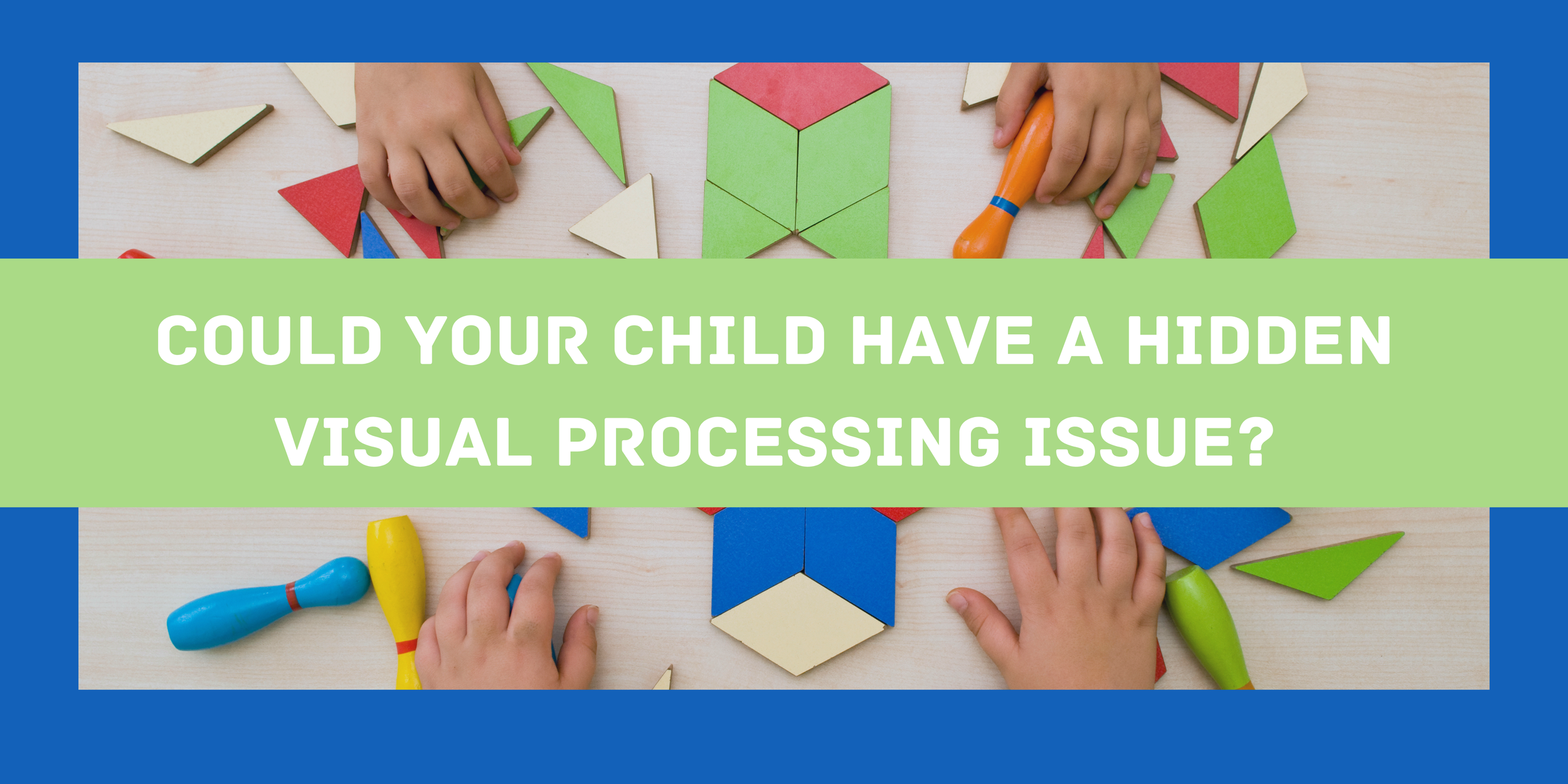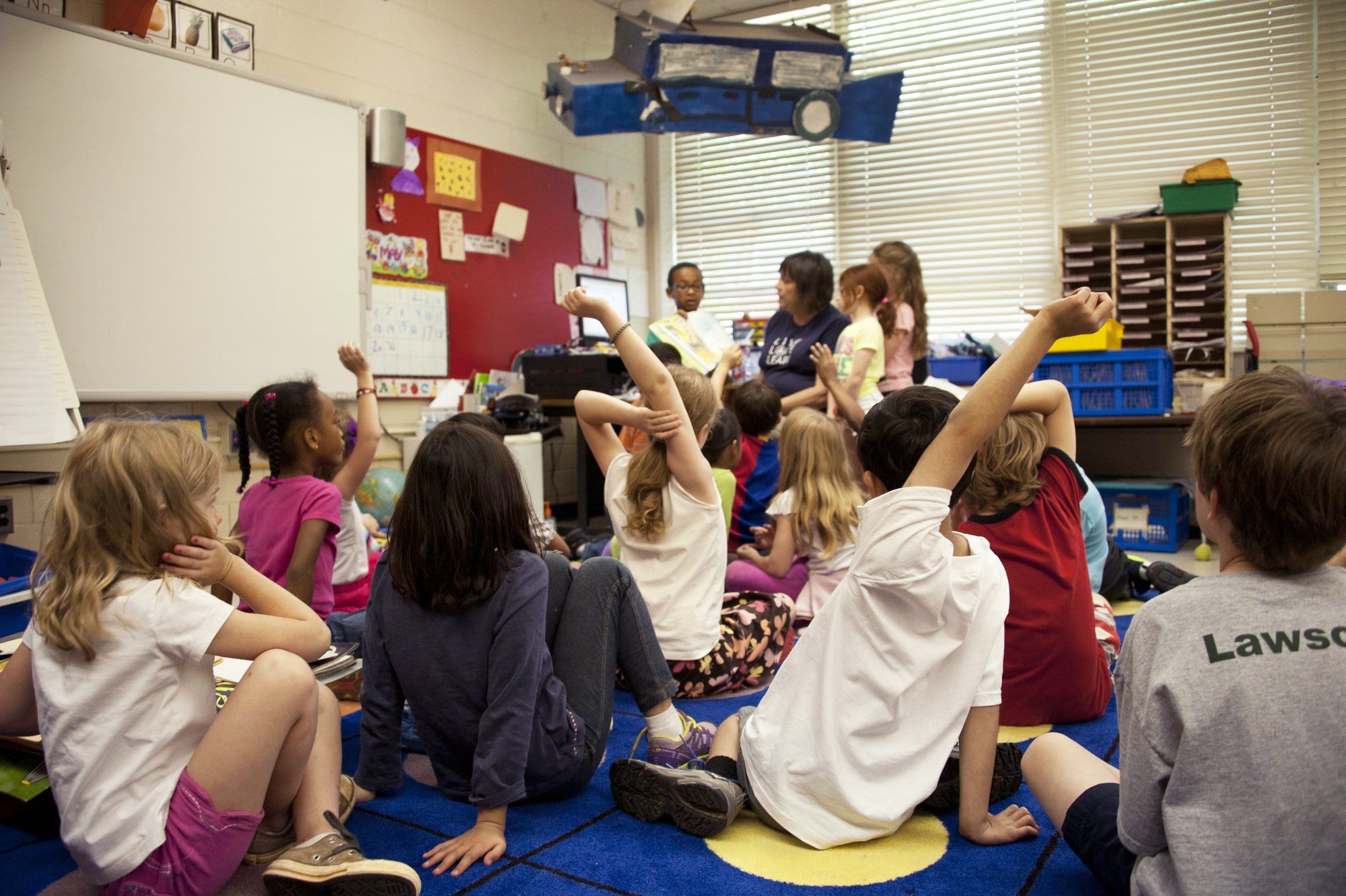
What’s New
A Recipe for Gifted Holiday Cheer
The holidays are an excellent time to make lasting memories with your kids. However, the excitement of the festive season and schedule changes can sometimes be challenging for children and their caregivers to manage. To make the most of this special time of the year, I’ve put together some tips on scheduling, travel and social gatherings, to help you best support your gifted or twice-exceptional child during this holiday season.
A Great Hero and Patriot: Tammy Duckworth
Review by Dr. Jerry Flack | Ladda Tammy Duckworth is one of the most heroic persons to ever sit in the Congress of the United States. She is an incredible role model for women, persons with severe disabilities, critically wounded soldiers and veterans, gifted children and adults, and citizens of bi-racial ancestry. A Life of Service is a book to be read by all readers who admire courage and extraordinary giftedness realized.
Creepy Tales
Review by Dr. Jerry Flack | Aaron Reynolds’s moral is simple. Growing up can be scary, but every act of courage is rewarded. Never be afraid of the dark. Peter Brown again uses graphite-shaded illustrations with the singular exception of ghoulish green underclothing that glows even in the dark.
Australia’s Great Reefs
Review by Dr. Jerry Flack | A Is for Australian Reefs is a wonderful example of the alphabet book genre. It is filled with revealing information, cogent and insightful writing, and brilliantly colorful illustrations.
The Miracle of Creativity
We are creators. Every day we design our lives. We choose to survive major illnesses, to overcome obstacles, to do our own part in making this a better world. We seek meaningful lives, and we desire that our children do the same. Most of our GDC parents want their child to be happy—now and in the future. They don’t say, “Tell us how to make our child successful.” I believe happiness comes from following our drive to create.
Acceleration: Is It right for your Child?
Acceleration is allowing a student the opportunity to move through an educational program at a younger age or at a faster pace than typical. It is the most research-supported intervention in gifted education. Is this the right course of action? Read more about our expert recommendatioons.
Could Your Child Have CAPD?
CAPD occurs when an individual has excellent hearing but has difficulty understanding speech and concentrating in the presence of background noise. CAPD occurs independently of other strengths, including strong intellectual abilities. Regardless of where intellectual abilities fall, if CAPD is present, one can benefit from solutions that help manage their CAPD.
The Gift of Vision for the Gifted
The gift of excellent vision is one gift all children deserve.
In Search of Poets
For nearly 44 years, Gifted Development Center has been a beacon of child-centered assessment. We are seeking gifted poet/examiners to continue our work who can “attend in a more perceptive, intimate, even holistic way.” We need assessors who excel at listening, who can tell a story of who this child is, what are this child’s needs, and why we should care.
Giftedness in its Essence is From the Inside Out
Giftedness is a way of experiencing that is aware, sensitive, intense, empathic, curious, complex, intuitive, imaginative, creative, excited about ideas, committed to the greater good.
Gifted Girls Pledge
Gifted women and girls are often discouraged from letting their light shine and their brilliance come through. This is a pledge to be unique, to be courageous and to grow brighter because the world needs you.
We Are More Than You Think We Are
On October 8, 2021, Mayor De Blasio announced his plan to phase out the New York City Gifted and Talented Program. This places all gifted programs in America at risk. Abolishing gifted programs widens the gap between haves and have-nots. Eliminating gifted programs is the highest form of discrimination, suggesting that under-represented populations cannot BE gifted.
You Are Not Your Struggles
“Gifted” has many different connotations. Most people think it is about high achievement in school. In my view, that is academic talent. Gifted children may or may not excel in school, and academically talented students may or may not be gifted.
To differentiate the concept of giftedness from “success”—in school or in life—I have come up with the notion of Gifted Plus to signify the inner experience of giftedness.
GDC Presents at NAGC in Denver
Gifted Development Center is well represented at the 68th Annual Convention of the National Association for Gifted Children (NAGC), which is taking place in Denver this year from November 11th - 14th. The convention will be held at the Gaylord Rockies Resort near the Denver airport. Live streaming of the event is also planned.
What is Gifted Plus?
“Gifted” has many different connotations. Most people think it is about high achievement in school. In my view, that is academic talent. Gifted children may or may not excel in school, and academically talented students may or may not be gifted.
To differentiate the concept of giftedness from “success”—in school or in life—I have come up with the notion of Gifted Plus to signify the inner experience of giftedness.
Quieting The Voice Inside Our Heads
Most of us have a harsh voice inside our heads that chastises us when we “make mistakes.” It is quick to judge us, often calling us names. “That was stupid!” The power this voice has over us increases our anxiety. In this era of mindfulness, we yearn for inner peace. We are aware that the more inner peace we attain, the more peace there will be in the world. Despite this awareness, we allow our critical inner voice to remain unchecked.
No Bullying
We have greater awareness today of the harmful effects of teasing and bullying, but there is one area of our lives where it remains unchecked: within ourselves. Even the most sensitive and compassionate among us, who would never intentionally hurt another, do not think twice about mercilessly berating themselves. Let us to examine this accepted practice.
Gifted Children and Honesty
Leta Hollingworth, the founder of gifted education, developed a program of emotional education for the gifted. She noted that exceptionally gifted children tend to be exceptionally honest, and that their honesty often gets them into trouble. Leta felt that learning when not to tell the truth is as important a skill for the gifted to learn as any school subject. This was part of her emotional curriculum.
Social Development of the Gifted
Socialization means adapting to the needs of the group, whereas social development indicates positive self-concept and concern for the welfare of others. The former may result in alienation from one’s inner self, while the latter leads to self-actualization. Gifted children have positive social development when they are respected in their families; when their parents value the inherent worth of all human beings; when they find true peers of similar ability at an early age; and when they interact with the mainstream after they have developed a strong sense of their own acceptability.



















